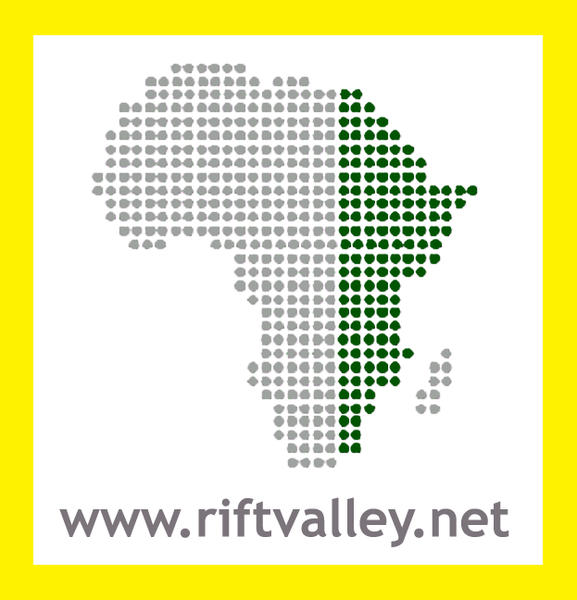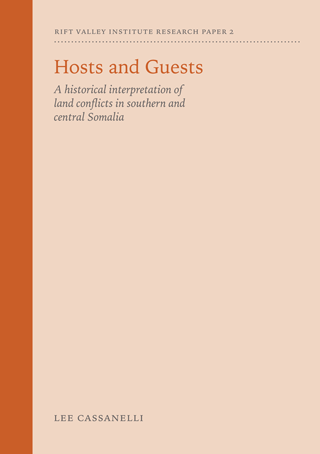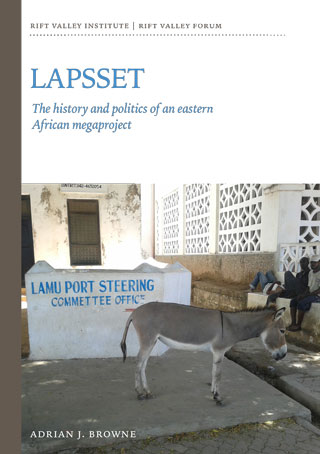The Rift Valley Institute (RVI) is an independent, non-profit organization, founded in Sudan in 2001, currently working in seven countries in Eastern and Central Africa. The aim of the Institute is to advance useful knowledge of the region and its diverse communities, bringing a better understanding of local realities to bear on social and political action. The RVI works with institutions in the region to develop and implement long-term programmes that combine action-oriented research with education and public information.
Members:
Resources
Displaying 1 - 4 of 4‘It’s not all about the land’: Land disputes and conflict in the eastern Congo
Current interventions in land conflicts in the eastern Congo are focused on conflict management rather than conflict resolution. Land conflicts are part of a wider governance problem and need political rather than technical approaches. Conflicts over land are related to wider conflict dynamics, which are the result of an interplay between struggles for power and resources, identity narratives and territorial claims. There is a need for better donor coordination and more coherent land governance interventions, which should be integrated into larger state-building efforts.
'It's not all about the land': Land disputes and conflict in the eastern Congo
Rift Valley Institute PSRP Briefing Paper 14
Hosts and Guests A historical interpretation of land conflicts in southern and central Somalia
'In Somalia, land issues are particularly complex. Those involved in both policy and practice need to understand this complexity better if durable political solutions are to be identified and property rights for individuals and communities secured. Lee Cassanelli explains the complex nature of land use, as well as the concept of ‘home’ in the Somali context. His paper is food for thought for all those interested in land reform.'
LAPSSET The history and politics of an eastern African megaproject
‘This study is in-depth, up-to-date and the first of its kind on a massive infrastructure development project in the region, examining its history, politics, evolution, the emergence of actors and interests and effects on the poor and marginalized. It presents the ambitions and ambiguities of a megaproject never seen in the development history of the region. The report is a comprehensive analysis of the hopes and fears emanating from a megaproject in the region and provides invaluable data on which future studies will certainly have to rely.’





